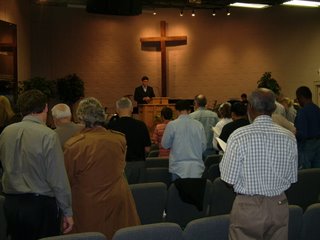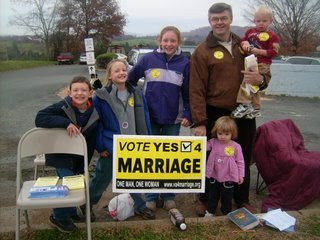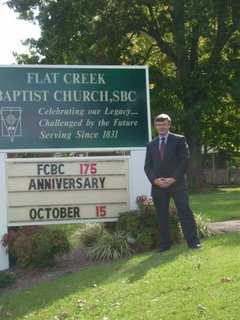One of the recent comments (from someone posting as "C. Lewis") on the ever-popular "Pagan Evangelism"
post had this to say:
By all means, do abandon the public school system to only those tolerant of the beliefs or lack thereof of others. :)
It would make school time much less stressful for everyone all around. The students would no longer need to be concerned about what the followers of some fictional deity think of their beliefs or behavior. Teachers wouldn't need to worry about what strange things a "christian" might do to appease his or her imaginary friend, "Jesus". Besides which, closed minds are infamously difficult to educate.
If my imaginary friend, We'll call him "Thor" is as real to me as your imaginary friend, "Jesus", and if my imaginary friend has been worshipped as long as yours has and by as many people, and if the government says that my belief in him is as much a religion as your belief in "Jesus" is, then my religion is just as valid as yours, and there's not a darned thing that you can do about it.
Except of course to console yourself, as "christians" always do, by talking to your imaginary friend and reading what some other people wrote about him a thousand years ago and convincing yourself that your imaginary friend is the really truly right imaginary friend to believe in.
Whether you're alone in your room or in a building full of people who share your belief, when you pray the only ones who hear you are yourselves. Who cares if a pagan wants to pray to a different deity? It only matters in the mythology of Christianity, an out dated compendium of stories, myths, legends and hear say.
If anyone is so mentally confused that they believe that mythology is factually true, they have no place in the public school system. Except perhaps in Special Ed.
Not long after reading this post, I was struck by Brooke Gladstone's NPR report last Friday on the "new atheist offensive" (listen
here). See also Al Mohler’s recent
blog post on "The New Atheism?"
Here’s a reply to "Lewis":
To C. Lewis (Not to be confused with C. S. Lewis whom one hopes C. Lewis might read someday),
So, there is no God. Christianity (and other forms of theism, for that matter) are just examples of mass psychological delusion. Our God is just an "imaginary" friend.
Here are a half dozen or more responses to consider:
1. An analogy.
Suppose you came to a village where the inhabitants claim that a certain virus has infiltrated the village. The reports indicate that once a person contracts this virus it completely changes his behavior and life. He begins to speak, act, and even think differently. The virus seems to spread from person to person, though some seem never to get it. You also learn that if a person who has the virus travels to another village that many people in that village will also begin to develop the same virus. In fact you learn that the spread of the virus is a global phenomenon, crossing all boundaries of race, culture, and language.
One day a person in the village, who considers himself to be very enlightened and who does not have the virus, makes an announcement in the town square. "Listen people," he smugly states, "there is no virus." He continues, "This is just a figment of your imagination. You are just fooling yourself. I know you all claim to have these symptoms, but since I myself do not have them, it is plainly obvious that no one has them. Wake up people! The virus is a myth!"
Those who have the virus look at each other puzzled and then go about their business. "If he ever gets the virus, he’ll know the truth. But for now he’s in the dark."
2. Another analogy.
John was born blind. His sighted parents, family, and friends were constantly describing to him all the things they saw. They tried to convey to him the greenness of grass, the yellow of corn, the red of a sunset. One day, John called his family and friends together and announced, "I have come to the conclusion that all of you are fools! There is no such thing as color. That much is as plain as the nose on my face. If there were such a thing as color then I could see it or you could at least explain it to me in a way I could understand."
His family listened patiently as John spoke. "Maybe one day John will be able to have a surgery that can repair his blinded eyes and he will be able to see what we see. Till then we must be patient with him, because he just does not understand."
3. Have you ever considered the teleological argument for the existence of God?
4. Have you ever considered the ontological argument for the existence of God?
5. Have you ever considered the cosomological argument for the existence of God? Of course, none of these rational arguments for theism is ultimately satisfying for a Christian, who must move on to belief in God as Trinity.
6. Have you ever considered Pascal’s Wager? This is not my favorite argument but it’s worth considering.
It goes like this: If I say the God of the Bible is true and you say there is no such thing, we have two possibilities. Either you are right and I am wrong, or you are wrong and I am right.
Possibility one: If you are right, and I am wrong, then you and I come to the end of our lives, we die, and pass into the oblivion of non-existence. At the least, I can claim that my life has been more rich and fulfilling by following a Biblical lifestyle of loving God and loving my neighbor as myself.
Possibility two: If you are wrong, and I am right, then you and I come to the end of our lives, we die, and we pass into the presence of the God of the Bible. At the end of the ages, we receive our resurrection bodies and stand before a righteous and holy God. Our lives on earth are evaluated by one standard: Did we come to believe in Jesus Christ alone for our salvation from God’s wrath for our sin? (see Matthew 10:32-33). You pass into hell where you will experience eternal conscious suffering for your sin under the just wrath of God, and I pass into heaven where my eternal vocation will be enjoying God and giving him glory, because of the saving work of Christ.
Do you want to bet your eternity that you are right and I am wrong?
7. Have you every considered the fundamental difference between a religion based on mythology (the "Thor" you mentioned) and one based in a historical person (like Jesus of Nazareth)?
8. Have you ever pondered why followers of Jesus had such a major impact on world history over such a short period of time? Were the apostles and martyrs of the early church merely delusional? As one wag said, "Who in the first century would have guessed that two thousand years late people would name their dogs Nero and Caesar and their children Peter and Paul?"
9. Consider also Psalm 14:1: "The fool has said in his heart, there is no God" (cf. also Psalm 53:1).
Might your situation of spiritual blindness be like that described by Paul in 2 Corinthians 4:3-4?:
"But even if our gospel is veiled, it is veiled to those who are perishing, whose minds the god of this age has blinded, who do not believe, lest the light of the gospel of the glory of Christ, who is the image of God, should shine on them."
10. Have you ever wondered why Christians meet your insults with prayer for your conversion and salvation?
JTR
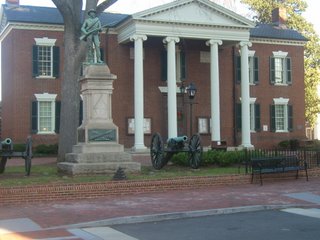
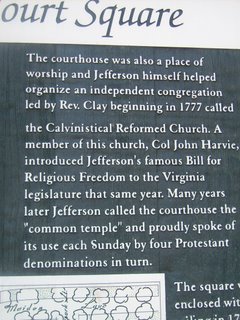
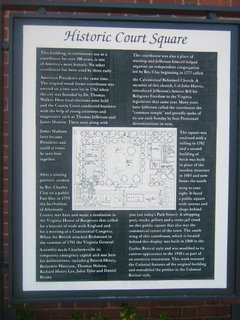
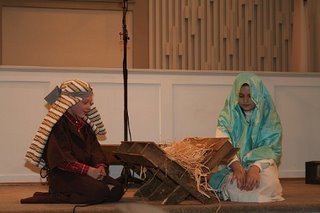


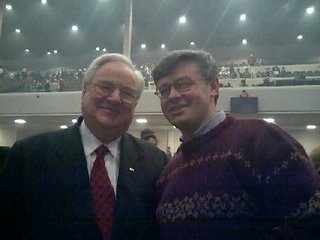
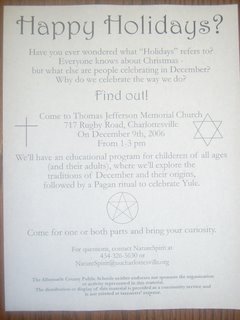

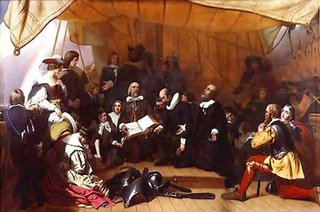
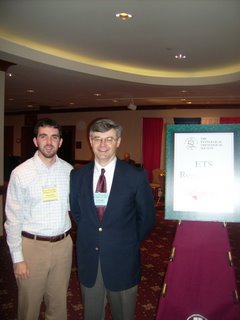
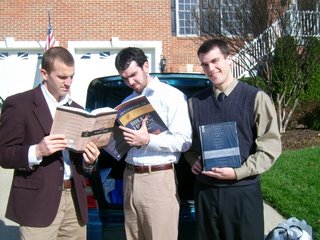
 Playing catch up.
Playing catch up. 